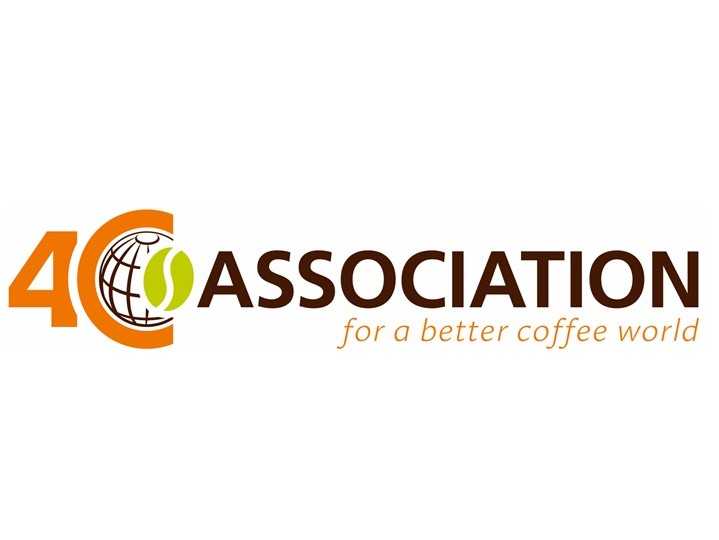The new 4C Code of Conduct is launched. The 4C Association released on Monday its new Code of Conduct, the entry-level sustainability standard for the coffee sector.
Conceived to respond to the needs of producers, the new Code is geared to become a first class tool devised to deliver positive impact to an increasing number of coffee farming communities, enabling them to take their first step towards sustainability.
The former 4C Code of Conduct is already being used by more than 415,000 farmers and 1,1 million workers in 24 producing countries. In 2014, they produced 41 million bags of 4C Compliant Coffee, nearly 29% of global coffee production.
With the new Code, the ambition is to expand this reach even further, touching all coffee producers around the world with baseline sustainability criteria.
To this end, the new Code focuses on strengthening its inclusiveness and entry-level character, improving its applicability on the ground and enhancing clarity and consistency. Producers who work with the new Code will benefit from:
- Emphasis on Farming as a Business. The new Code helps farmers to make better business out of their coffee production by introducing profitability and productivity principles (Farming as a Business) and focusing records on costs and income. This will give farmers a better understanding to work towards improving their livelihoods.
- Changes to better address small holder producers. The order of the Code has been changed; it now begins with a focus on the economic dimension, to recognize what is most important to farmers. It also introduces specific mention of small holders to make it more relevant for the majority of producers and improve understanding in general.
- An improved approach to Pesticides: The new Pesticides List is fully aligned with those of other sustainability standards and focuses on the pesticides which are relevant to and used by coffee farmers. The new Code ensures that at least a minimum level of personal protection is maintained when handling pesticides and enhances internal knowledge on pesticide use and the guidance on Integrated Pest Management (IPM) at 4C Unit level.
- Merging of documents and more concrete and explicit requirements. The requirements applicable to 4C Units previously spread between different documents are now all available in the Code. Terminology has been improved to enhance clarity on what is intended.
The revised Code is the result of a thorough global consultation and review process over more than a year involving more than 240 organizations, including coffee producers, traders, industry, civil society, government, academia, research institutions and verifiers in 15 countries. In addition to formal consultations, the 4C Association gathered insights from 4C Units, verifiers and external evaluators over the last five years regarding the applicability of the Code.
This extensive feedback has enabled the 4C Association to identify and recognize the challenges faced by producers, especially small holders, and begin the revision process with the clear aim of designing a truly impactful entry-level Code of Conduct.
“The revised Code is the result of listening to hundreds of stakeholders. The focus was to look at what is happening on the ground, listen to the voices of coffee farmers and devise ways to help them overcome the challenges they face.
We are confident that the new Code will enable more coffee farmers to join in and take the first steps on their sustainability journey.” states John Schluter, Chairman of the Technical Committee of the 4C Association, the governance body in charge of overseeing the revision process.
4C Units can start using the new version of the Code (v2.0) from July 1st 2015 onwards. The previous version v1.3 will remain valid in parallel until 30th June 2016. Therefore, 4C Units undergoing verification as of 1st July 2015 can choose to implement and be verified against the new version v2.0 or continue with the current version v1.3 for a transition phase of one year. As of July 1st 2016, version 2.0 will be mandatory with all applicable requirements for all 4C Units.
To find out more about the revision process and the changes in the Code, you can read the document Synopsis of Main Changes.
To download the new Code of Conduct, click here (pdf file).















